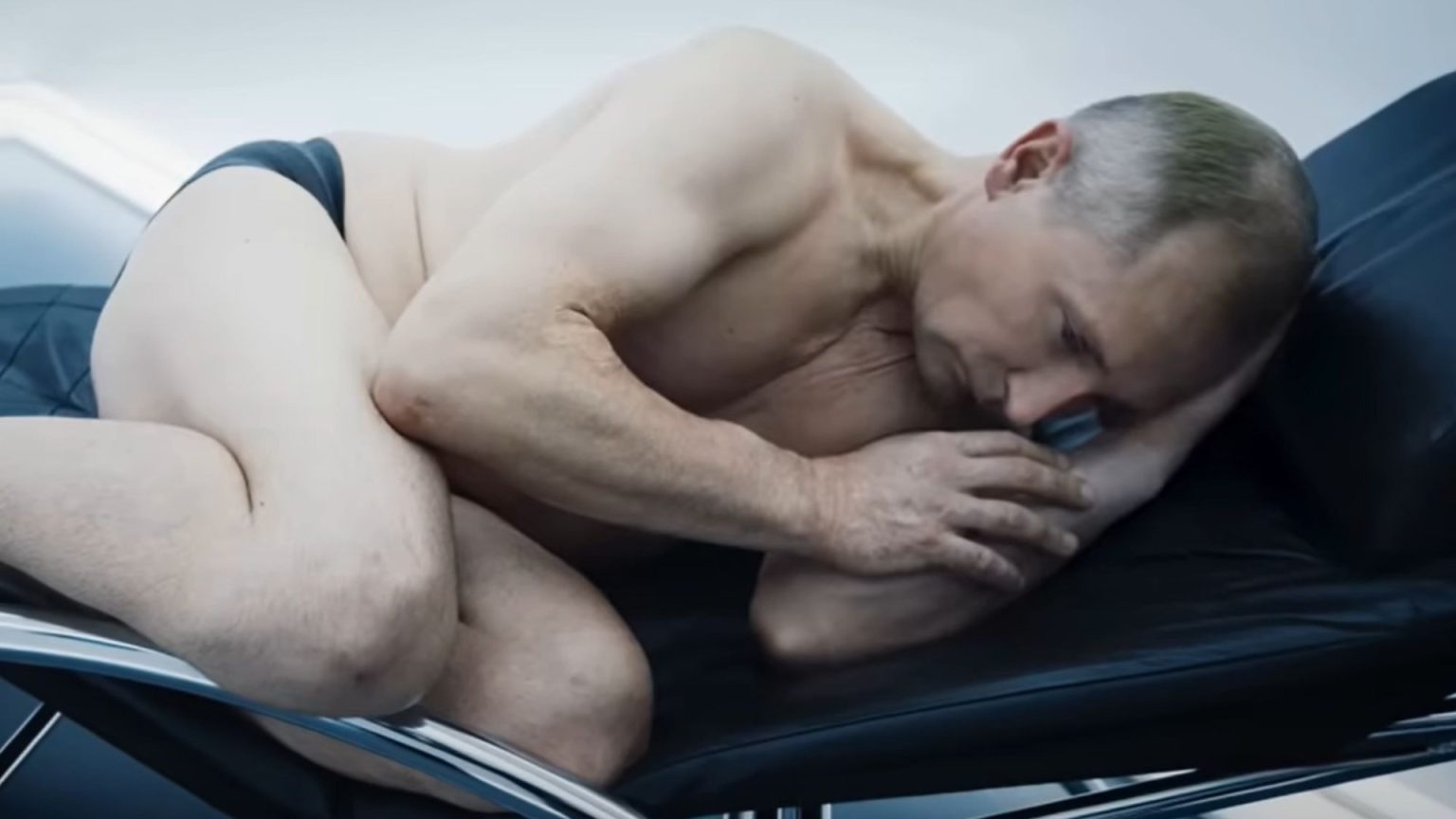A Glimpse into the Unofficial Cinematic Portrayal of Vladimir Putin: Unveiling a Bizzare and Controversial Biopic
Polish director Patryk Vega has ventured into a daring and unconventional cinematic territory, crafting a biopic of Russian President Vladimir Putin using a unique blend of traditional filmmaking and artificial intelligence. This endeavor has generated significant attention, especially because it appears to be a project the Kremlin would prefer to remain unseen. The trailer, released to the public, offers a glimpse into a bizarre and surreal world, seemingly designed to expose a hidden side of the enigmatic leader.
The film’s creation involved a meticulous process, with Polish actor Sławomir Sobala dedicating two years to studying Putin’s every move, from his body language to his distinctive gait, in order to accurately embody the Russian president on screen. Vega’s team employed AI technology to superimpose Putin’s face onto Sobala’s performance, achieving a level of realism that would be impossible with conventional special effects. This innovative approach, however, has garnered the unwanted attention of Kremlin spies, adding another layer of intrigue to the film’s already controversial nature.
The trailer itself is a whirlwind of peculiar and unsettling scenes, leaving viewers both bewildered and intrigued. One moment, Putin is depicted in a vulnerable state, trembling in his underwear, while in another, he brandishes toilet paper rolls before a seemingly captivated audience of Russian elites. The juxtaposition of these contrasting portrayals creates a jarring and disorienting effect, seemingly aimed at challenging the carefully constructed public image of the Russian leader. While the accuracy of these depictions remains open to question, Vega insists that the film offers a glimpse into the "real Putin," a claim that is likely to further fuel the controversy surrounding the project.
The film traces Putin’s life journey, from a bullied childhood to his rise to power. A scene depicts young Putin being headbutted by a larger boy, who delivers the chilling line: "It’s better to die standing than live on your knees." This early encounter foreshadows Putin’s later ruthlessness and determination. The film then flashes through various stages of his life, including his judo training, his work as a cab driver, and a rather unconventional proposal scene where he abruptly declares a woman his "new wife." These seemingly random scenes combine to paint a picture of a complex and multifaceted individual, contrasting sharply with the controlled image often presented by the Kremlin’s media machine.
Interspersed throughout the trailer are scenes of unexplained strangeness, adding to the film’s overall sense of surrealism. A group of women dressed as Playboy bunnies are forced to run through a snowy forest by armed thugs. The purpose and significance of this scene remain elusive, leaving viewers to speculate about its symbolic meaning. These enigmatic sequences add another layer of complexity to the film, blurring the lines between reality and fiction. Vega appears to be deliberately playing with ambiguity, inviting viewers to question the nature of truth and power.
The trailer culminates in a scene where Putin confronts his predecessor, Boris Yeltsin, demanding power. This pivotal moment marks the transition of power and foreshadows the era of Putin’s rule. The film’s tagline, "The real life story that defies reality," perfectly captures the film’s paradoxical nature. It promises a journey into the mind of "the most dangerous man on earth," offering a glimpse behind the curtain of political power and revealing a side of Putin that rarely sees the light of day. While Vega claims to depict the “real” Putin, the trailer’s fragmented nature and focus on surrealism might undermine this goal. Ultimately, Patryk Vega’s portrayal of Vladimir Putin creates a hallucinatory and unsettling experience with questions about its historical accuracy secondary to the film’s exploration of the man as a cultural symbol.


